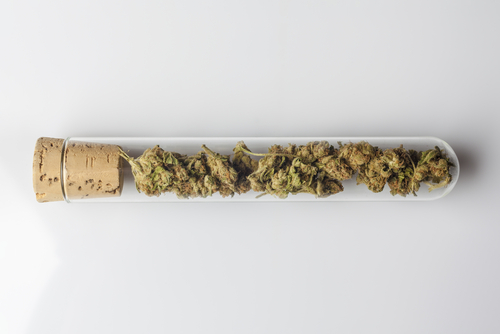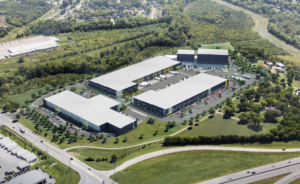Companies that test, grow and process medical cannabis in Pennsylvania are suing to block a rule they say could cost them millions of dollars and ultimately raise prices for patients.
- The rule, which had been slated to take effect this week, alters the requirements for testing cannabis before and after it is processed into medication
- But in response to the lawsuit, the rule is on hold.
- The Pennsylvania Department of Health has agreed not to enforce it while the litigation plays out, according to court filings.
- Efforts to reach the department were not successful.
Why is this happening: State regulators first proposed new testing requirements in 2021 as part of a package of rules for Pennsylvania’s medical marijuana program.
- Under the original rule, growers and processors can contract with a single lab to test cannabis after it is harvested and again after it is processed into a final product.
- The tests assess products for potency, purity and accurate expiration dating.
- The new rule requires different labs to conduct each test.
Why: The health department has said the requirement would create a set of “checks and balances” in the testing process.
- Critics say a second lab is unnecessary, given the lack of problems in the program and the potential costs that would be incurred.
- They also have been taken aback by the immediate implementation of the rule.
- “It causes enormous unnecessary problems,” said Judith Cassel, an attorney with Harrisburg-based law firm Hawke McKeon & Sniscak, which represents companies in the lawsuit against the health department.
- She noted the state has issued no guidance on what happens to samples already waiting to be tested or on how to resolve discrepancies between lab results.
- The plaintiffs are AES Compassionate Care LLC, Curaleaf PA LLC, Hanging Gardens LLC, Parea Biosciences LLC, Pennsylvania Medical Solutions LLC, Standard Farms LLC and Green Analytics North LLC, which does business as Steep Hill PA.
What’s the legal argument: The growers and processors raise three main points.
- One is that the so-called two-lab requirement contradicts the state law that created the medical marijuana program, Cassel said. The statute says growers can pick one lab for both tests.
- Second is that the requirement represents an unconstitutional delegation of the health department’s regulatory authority because it is essentially asking private labs to police each other.
- Third, she said, the requirement upends the contractual relationships between labs, growers and processors. If they follow the state rule, they risk breaking contracts. If they honor contracts, they risk breaking the law.
- “It’s a completely untenable situation,” Cassel said.
The background: The two-lab requirement has been catching flak since it was first proposed by the health department.
- “This is a solution, a bad one, in search of a problem that doesn’t exist,” Cassel said.








